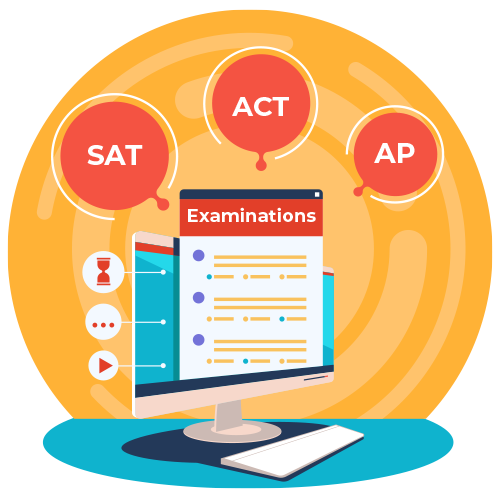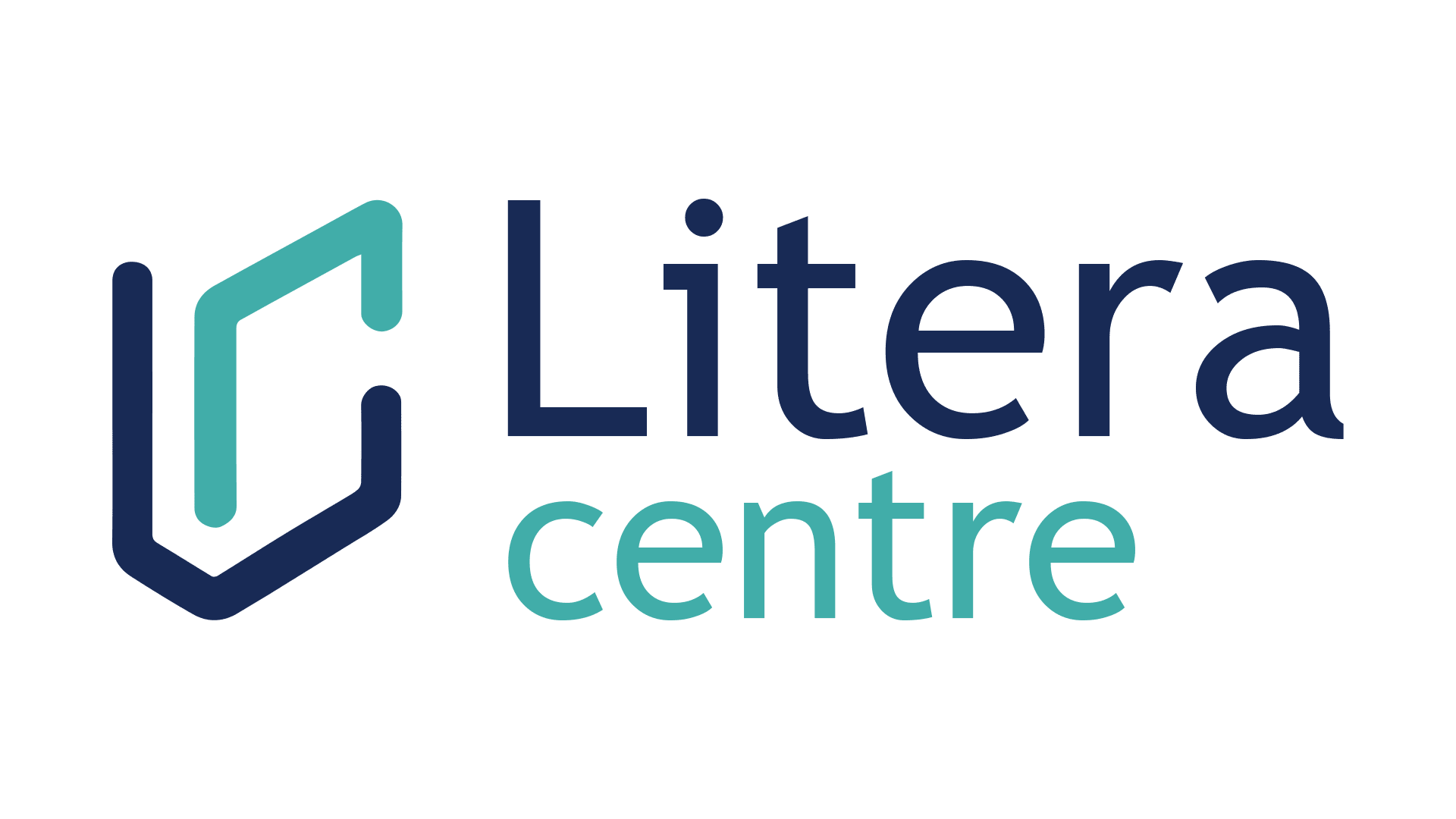Education has always been a constantly evolving field. Needless to say, the number of boards available for students has dramatically increased lately. Today, there are various boards available in different countries like CBSE, ICSE, State Boards, and international boards such as IB.
Among all boards, IB Boards have been the talk of the town in recent years with its growing popularity among students worldwide. The IB Board’s approach is different from all other traditional boards as it emphasizes holistic development, critical thinking, and creativity in education.
If you are a student embarking on the challenging academic journey named IB boards, we are sure you may be feeling overwhelmed, intimidated, and perhaps a little bit confused.
But fear not, you are at the right place. We’ll help you navigate through the complexities and prepare you for success in the exam. Let’s dive in.
IB Boards Exam- What is it?
Before covering the broader topics, let’s start with the basics and understand what the IB exam is!
The International Baccalaureate Board, commonly abbreviated as IB boards is an internationally recognized education program that focuses on developing skills and knowledge required for success in higher education and the real world.
IB vs IGCSE is a common confusion among students and parents. But it is two different boards covering different curriculum, evaluation techniques and more.
Unlike normal boards, the IB Board Exam is a rigorous assessment that tests the student’s knowledge and understanding of the curriculum. It’s designed to evaluate the student’s ability to apply the concepts learned in the classroom in real-world scenarios.

Now, let’s discuss the importance of the International Baccalaureate Board in this next section.
What is The Importance of the IB Boards Exam?
If you think IB boards are so easy to crack, you are wrong. Let us burst your bubble – IB board is a big deal!
The exam covers everything you have learned in the program. So, the purpose is to evaluate your understanding of the material and your ability to apply what you have learned. So, why is it so important?
Well, for starters, it’s a key factor in determining your overall IB score. This score is used by universities and colleges to assess your academic performance and potential.
In simpler words, the higher your score, the better your chances of getting into a top university. But, that’s not all!
The IB Boards Exam can help prepare you for the challenges of higher education. It’s designed to be demanding, so it requires you to be self-disciplined, organized, and focused. These are all skills that will come in handy in college and beyond.

Last but not least, the exam will also give you a chance to feel proud of yourself and your achievements. It’s a culmination of years of hard work and dedication, and it’s a chance for you to shine.
What are the Benefits of the IB Boards Exam?

Here are the top six benefits of IB board exams you must know:
Globally Recognized Qualification:
The IB Board Exam is a globally recognized qualification that gives students an edge in the increasingly competitive higher education and job markets.
The rigorous academic standards of this program, coupled with the international recognition of the IB diploma, can help you stand out and demonstrate your academic excellence to potential universities.
Preparation For University:
The IB program is designed to prepare students for the academic complexities of university.
So, the demanding curriculum, critical thinking emphasis, and development of research and writing skills in the program help students succeed in their future academic pursuits.
That means, by preparing students with college-level coursework and exams, the program will help you become better equipped for the challenges of higher education.
Development of Well-Rounded Individuals:
It is quite evident that IB programs develop well-rounded individuals who have the skills and qualities necessary for success in all areas of life.
The program emphasizes not only academic excellence but also the development of leadership, social, and emotional intelligence.
Yes, you read it right! The IB Board Exam will allow you to assess your ability to demonstrate a wide range of skills including communication, which are highly valued in our day-to-day life.
Greater Flexibility in Subject Choice:
Another best thing about the IB programs is it offers students greater flexibility in subject choice than other academic programs.
You will have the autonomy to choose from a range of subjects across a variety of disciplines, including the arts, humanities, and sciences. This will help you to pursue your individual interests and passions, while still gaining a well-rounded education that prepares comprehensively.
Preparation For a Global Workforce:
In today’s globalized economy, students need to be prepared to work in a diverse and multicultural environment.
The IB program emphasizes the development of global perspectives, cultural awareness, and language skills, which are essential for success in a global workforce.
By preparing to work and collaborate with people from different cultures and backgrounds, the program will better equip you to succeed in the international job market.
What are the different IB programmes?
The IB Board offers four main programs that cater to students of different age groups and skill levels.
They are:
| IB Programmes | Age Limit | Focus Areas |
| Primary Years Program (PYP) | From 3 to 12 years | Critical thinking, problem-solving, and creativity skills |
| Middle Years Program (MYP) | From 11 to 16 years | Developing inquiry-based learning, and communication skills. |
| Diploma Program (DP) | From 16 to 19 years | Prepares to enter top universities in the world |
| Career-related Program (CP) | From 16 to 19 years | Nurturing skills required for a specific career path |
Is the IB Boards Exam Hard to Crack?
As we already mentioned earlier, IB board exams are hard but it’s not impossible to crack if you have a strong understanding of the concepts and are willing to put in the effort required to succeed.
You will be good to go if you have proper guidance and work a little harder along the way.
If you wish to have personalized subject tuition and comprehensive learning from India’s best tutors, then Litera Centre can be your go-to solution.
At times when educational institutes fail to support students comprehensively, Litera Centre focuses and addresses problems faced by every student. The online educational platform provides expert tutors who can make your IB board journey smoother.

So, what are you waiting for? Know more about the Litera Centre now!

Final Thoughts:
We hope this blog helped you gain complete knowledge of IB board exams.
The IB Boards Exam can be challenging but it can, undoubtedly, be a rewarding experience for any student.
Whether you’re a natural-born scholar or someone who struggles with academics, the key to success is to never give up and always keep pushing forward.
Remember that exams are just a small part of the bigger picture and that your worth is not determined by your grades. So, take a deep breath, stay focused, and give it your best shot. No matter what the outcome, know that you are capable of great things and that your potential is limitless.
Good luck on your journey!
Also Read = Benefits of IB Board
References:
- https://idreamcareer.com/blog/guide-on-ib-board/
- https://www.zedua.com/blog/learn-everything-about-the-ib-board/
Frequently Asked Questions ( FAQ )
Does IB have board exams?
Yes, the International Baccalaureate (IB) program does have board exams. These exams are typically taken at the end of the program and assess students’ knowledge and skills in various subjects. They are an important part of the IB assessment process.
What is international board?
The term “international board” often refers to educational programs like the International Baccalaureate (IB) or the Cambridge International Examinations (CIE). These programs offer globally recognized qualifications and are designed to provide a high-quality education that is relevant and transferable across different countries and educational systems.
Is IB board tough?
The difficulty of the IB board exams can vary depending on individual students’ strengths and the rigor of their chosen courses. However, overall, the IB program is known for its challenging curriculum and rigorous assessment methods. Students often find the IB board exams to be demanding but also rewarding in terms of the skills and knowledge they acquire.
Is IB easier than CBSE?
Comparing the difficulty of the IB and CBSE systems can be subjective and depends on various factors, including individual student preferences and strengths. While the IB program is known for its international focus and rigorous curriculum, CBSE is a national educational board in India that follows a different curriculum structure. Some students may find one system more challenging than the other based on their learning style and academic goals.





